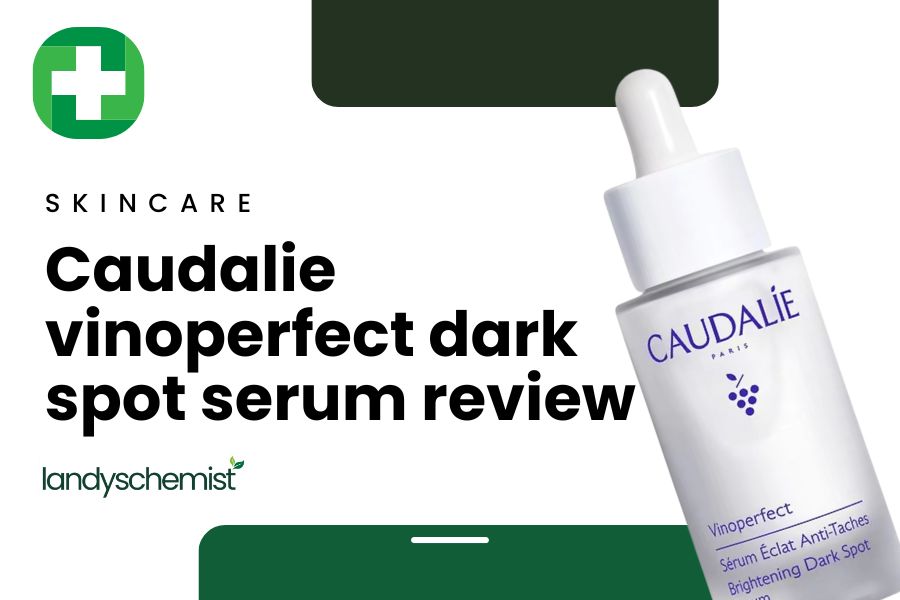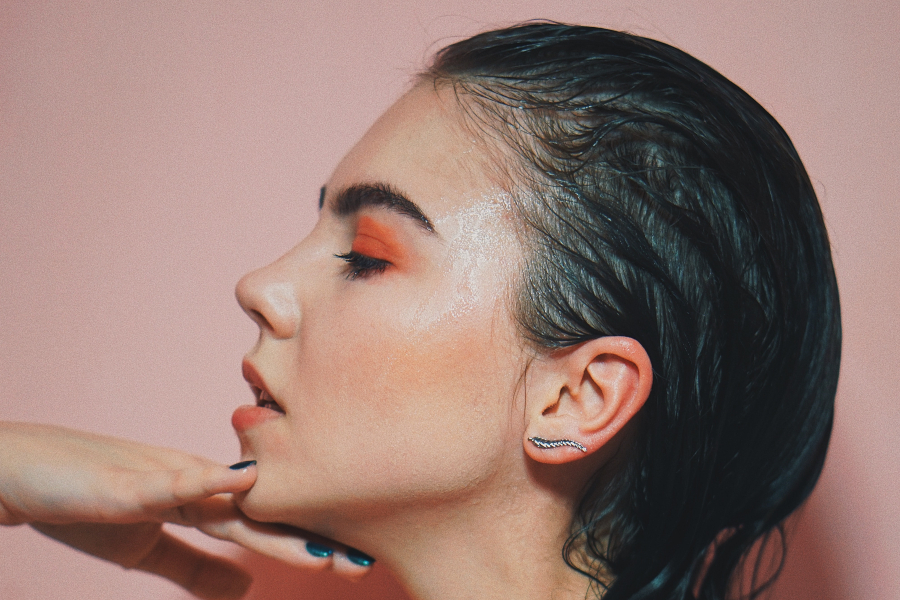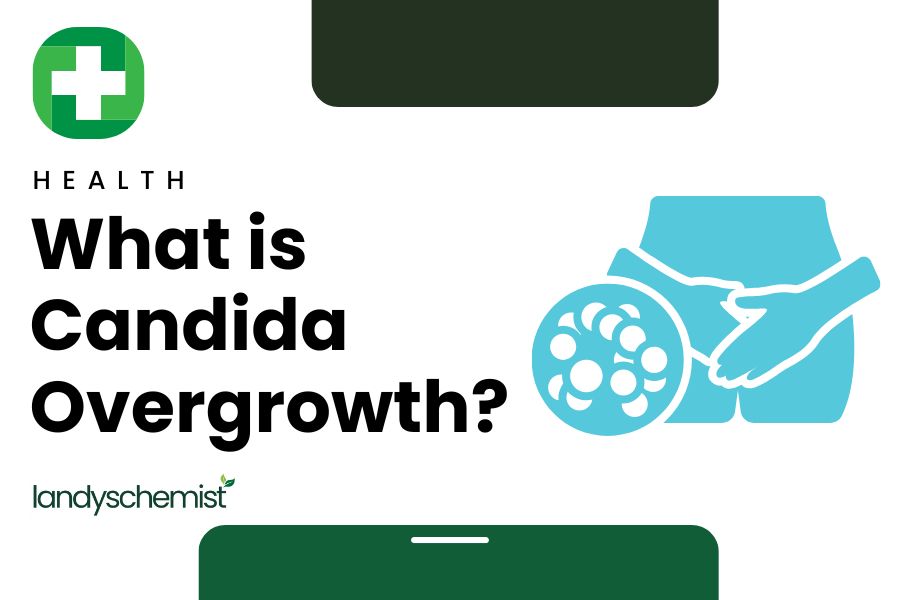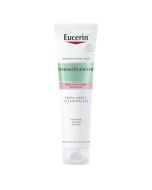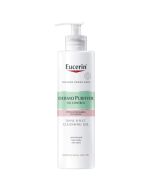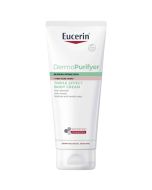
How To Stop Acne: Dealing With Acne-Prone Skin
By Neesha Desai, Pharmacist
Almost everyone has to deal with acne at some point in their life. If you are struggling with persistent spots, dealing with a flare-up or aren't sure why you seem to get sporadic acne, we have the answers. Here, we look at the common causes of acne, bust acne myths and share practical tips for preventing and avoiding acne.
What Is Acne?
Acne is a skin condition that causes spots and oily skin, which at times can be hot or painful to touch. It most commonly affects your face, with almost everyone having to deal with face acne at some point in their lives. Some people also have to deal with back acne and a few with chest acne, though these are rarer than face acne.
Types Of Acne
There are six types of acne, some of which you'll be familiar with and some whose names are probably new to you – even if you've experienced them.
- Blackheads – these yellowish or black bumps are usually small and develop under the skin. Contrary to popular belief they aren't black due to dirt but because they form in the hair follicle lining which has hair colour pigment.
- Whiteheads – similar in appearance to blackheads, though can be firmer and don't leak fluid when squeezed.
- Papules – these are the red bumps that feel sore or tender to the touch.
- Pustules – small red bumps with a white tip in the centre caused by a build-up of pus.
- Nodules – these are larger and harder lumps beneath the skin's surface, often they feel sore
- Cysts – the most extreme type of acne, these spots are large and contain pus. They are more likely to cause skin scarring than other, smaller, types of acne.
Causes Of Acne
Acne is caused when tiny holes in the skin become blocked. More specifically, acne is caused when the natural oil that your skin secretes (sebum) to keep your skin moist is produced in excess. This then mixes with dirt and dead skin cells causing a plug in pores and tiny hair follicle holes in the skin.
However, as a general rule, there is a genetic component and you are more likely to get acne if one or both of your parents suffers from the skin condition. If you parents have adult acne or severe acne then you have a higher chance of also having to deal with acne.
There are several triggers that can cause acne breakouts. These are the most common:
Wearing Close Contact Clothing & Coverings
If you are more susceptible to acne or are finding that you are dealing with more than usual, then you should think about what you are wearing and how. Items of clothing or coverings that you wear close to the skin can cause acne. For example, this could be tight backpacks, headbands or, as we've seen more often during COVID-19, masks – maskne has become much more prevalent.
Hormonal Changes
Puberty (& Testosterone)
Acne and puberty are known to go hand in hand. Hormonal changes that occur during these years help our bodies grow and develop, but the change in the balance of hormones within our bodies can trigger acne flare-ups. Testosterone in particular is thought to contribute to acne in people going through puberty as it increases the levels of sebum being produced, which we know leads to spots forming.
Periods & Pregnancy
Acne is more likely shortly before your period as estrogen and progesterone levels drop, triggering an increase in sebum production. Similarly, during the first three months of pregnancy, acne becomes more common due to an increase in the hormones called androgens.
Health Conditions & Their Treatments
Polycystic ovary syndrome (PCOS)
Polycystic ovary syndrome (PCOS), a condition that impacts the ovaries, has a number of symptoms and one of them is acne.
Epilepsy Medications
Some kinds of epilepsy medication can cause an increase in acne. Many drugs have side effects and getting the right epilepsy medication is unique to each person, so the process of finding this balance may temporarily cause an imbalance in the body that leads to acne.
Steroids
Anabolic steroids, commonly used by bodybuilders, often contain sustanon which can contribute to an increase in breakouts. Additionally, as with puberty, an increase in testosterone can increase sebum production and cause acne.
Lithium
Lithium is sometimes used to treat depression and bipolar disorder. For some people who take lithium, one of the side effects can be an increase in acne, as well as rashes.
Acne Myths
While we all experience acne at one time or another, we don't always understand why and the myths that exist around the causes of acne may prevent us from finding an adequate solution. Here, we briefly highlight some of the false causes of acne.
Acne is not caused by:
- Poor diet – a lack of certain nutrients may impede skin healing from acne, but won't cause it.
- Dirty skin or poor hygiene – acne is most often triggered beneath the skin so skin cleanliness isn't the express cause.
- Squeezing spots – this is more likely to cause skin scarring but won't increase the amount or intensity of acne you experience.
- Sunbeds or sunbathing – neither of these will cause acne, though it is worth noting that some acne treatments (for serious cases) can be affected by UV light so it's worth checking with your medical professional before using sunbeds or sunbathing while undergoing treatment.
How To Prevent Acne
Want to prevent acne? Here's what you should do.
1. Drink Lots Of Water
Water is essential for our bodily functions. It is vital for healthy skin and a strong functioning liver. Since the liver controls hormone production, you want to ensure you are keeping it healthy so your hormone levels remain as balanced as possible.
2. Exercise (Sweat)
Exercise helps to keep your body healthy. While some people dealing with acne might feel like sweat makes their spots worse, that's another myth. In fact, sweating can actually help unblock pores and clean them out. Just make sure to wash the sweat off before it dries and causes clogs.
3. Lightly Exfoliate Skin
Using a light exfoliant on your skin will help to clear out dead skin cells, unblock pores and wash off excess sebum. All of which will help you to prevent acne. You should avoid using strong exfoliants, including those with harsh chemicals, as it will aggravate your skin. You should use a light exfoliant no more than twice a week.
4. Always Wash Off Make-Up
Using a natural cleanser to remove make-up and refresh your skin will ensure you don't have to deal with blocked pores, aggravated skin or acne. Ideally you should be washing off makeup with warm water, but for heavy make-up days you may find that using an all natural make-up remover is more effective.
You should also aim to have make-up free days to allow your natural skin oils to flourish and give your skin a chance to breathe freely.
5. Get A Good Balance Of Nutrients For Healthy Skin
A good balance of nutrients will help you maintain healthy skin and heal from acne when you can't avoid it. Each of these nutrients benefits your body in other ways too. For acne fighting skin, you need:
- Vitamin A – contains retinol and carotenoids that contribute to skin cell regeneration and supports your immune system.
- Vitamin C – contains antioxidant L-ascorbic acid which fights free radicals and helps with collagen renewal in the skin.
- Vitamin E – an anti-inflammatory antioxidant that promotes skin healing, which makes it particularly valuable when it comes to dealing with acne scars.
- Fish Oil – the omega-3 fatty acids in fish oil strengthens skin and helps balance hormone levels.
- Selenium – fights infections, is an anti-inflammatory and assists with hormone balancing.
- Zinc – helps with enzyme development, cell division and healing.
All of these vitamins, minerals and other nutrients are important to ingest through food, or supplements where necessary, and many are used in skincare products so can be applied topically to encourage healthy skin.
Disclaimer
The products offered are not intended to diagnose, treat, cure, or prevent any illness or disease, or replace the advice of a medical professional. Results are not guaranteed and may vary from individual to individual.

